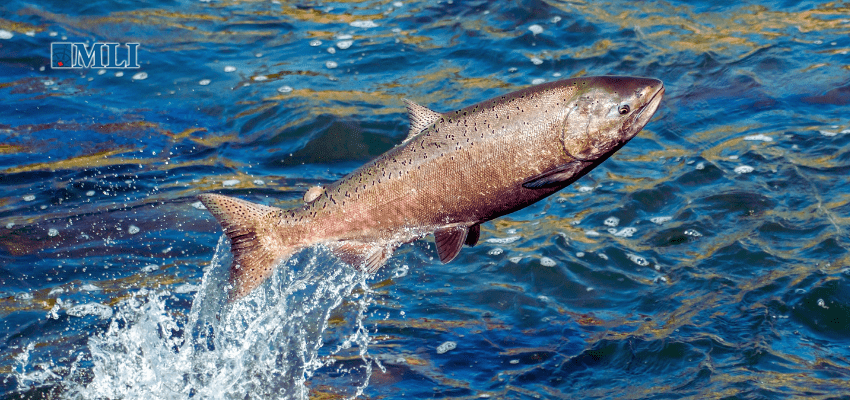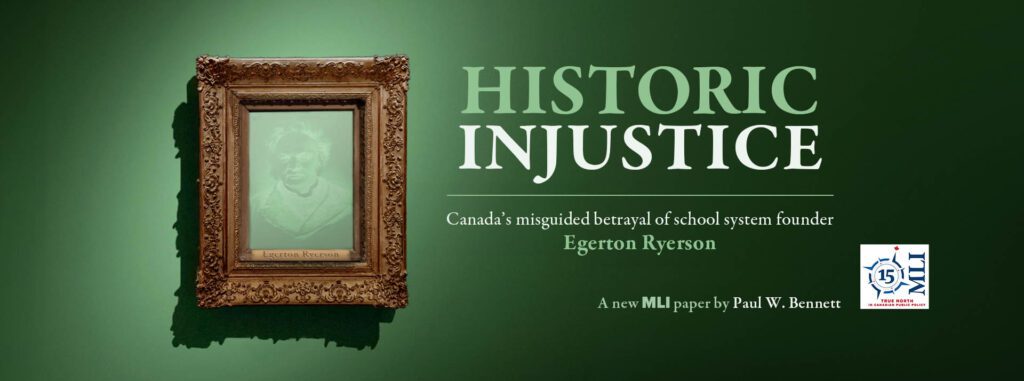This article originally appeared in National Newswatch.
By Ken Coates, March 26, 2025
Canada is trying to figure out reconciliation and until recently the salmon farming industry in British Columbia was a model of progress with a considerable positive impact on a handful of First Nations. That is until federal politicians got involved, ignored the pro-salmon farming indigenous communities and independent scientists, and sided with environmental activists to hand a death sentence to the industry. The government’s salmon farming ban could cost Canadian taxpayers billions of dollars and cripple the local economies of several remote indigenous communities.
Admittedly, the industry got off to a rough start. When the first salmon pens were introduced off the coast in the 1980s and 1990s, Indigenous people were not consulted about the location of the farms. Insufficient attention was paid to ecological concerns about the impact on wild salmon, sparking conflicts with wild salmon activists, environmentalists and some frustrated First Nations. The promising industry quickly became an eco-battleground.
But then the salmon farming industry adapted. In 2023, a handful of First Nations opted not to support the renewal of the salmon farming licences and so the companies withdrew from highly contested areas in British Columbia like the Broughton Archipelago. The fish farming firms adapted their operations, deepened partnerships with supportive First Nations, kept up with international technological developments, and expanded research on the impact of farming activities. Their research data is routinely released to the public providing an impressive level of transparency and a deeper understanding of the industry.
Criticism of the industry, led by well-funded wild salmon activists, ever-passionate West Coast environmental groups, and a substantial number of the First Nations along the coast and in the interior, pushed the Government of Canada toward the total ban. The intense and coordinated support for shutting down the salmon farming industry included the careful cultivation of selected British Columbia Liberal members of parliament, including several in key cabinet positions.
Independent science did not support the negative portrayal of the industry presented by the activists and their allies. More directly, there was no evidence that the presence of the fish farms is responsible for the well-documented and sustained decline of the wild salmon stocks, a claim that, for years, underpinned criticism of salmon farming.
Those First Nations that support the industry got more heavily involved, albeit initially with considerable skepticism. Some communities established and enforced strict ecological standards, expanded their commercial engagements and, in many cases, became outspoken supporters of the at-risk industry. The pro-salmon-farm First Nations coordinated their engagement, speaking to parliamentarians in British Columbia and Ottawa, responding to aggressive social media attacks on the sector, and working closely with local leaders and business organizations. Collectively, industry supporters realized that salmon farming was crucial to the economic and social well-being of participating remote and coastal communities.
Economic impact improved for participating communities, with more First Nations employees and greater supply chain involvement. In many Indigenous communities, where the collapse of commercial fishing and forestry undermined local economies, employment with the salmon farms underpinned the local economy.
But then key BC federal politicians, several of whom are closely aligned with the wild salmon activists, pushed for the closure of the remaining salmon farms and the banning of the entire industry. Activists have celebrated the government’s decision but the First Nations most closely connected to the sector mourned the imminent collapse of this key industry.
The Government of Canada offered only one potential reprieve. On-land, closed containment fish farm systems would be eligible for new licences. However, the technologies have not yet produced a commercially viable operation for this type of operation; equally worrisome, there would be no compelling case for placing a closed containment system in a remote First Nations community as opposed to better suited to metropolitan locations.
The planned ban of West Coast salmon farming is a terrible public policy in which the direct political intervention by zealous but naïve activists replaced evidence-based decision making.
Even worse, the ban punishes and undoes the efforts toward economic reconciliation from one of Canada’s most responsive and progressive industries. The salmon farms cooperated with indigenous communities exactly as Canadians would have wished, withdrawing from the First Nations territories where they were not wanted and improving relationships with supportive Indigenous communities.
The ban on salmon farming must be withdrawn, and a new, transparent and evidence-based review process must begin.
If the ban is repealed, salmon farming in British Columbia could become a symbol for economic reconciliation in Canada at its best. If the ban stands, this once progressive industry will come to symbolize only government mismanagement and capitulation to special interests at the expense of the wellbeing of remote First Nations communities.
Equally important, salmon farming could contribute directly to the economic revitalization of coastal British Columbia, where and when the sector is welcomed. Salmon farming, grounded in science and operating in a clear, predictable regulatory framework, can provide well-paying jobs and economic opportunity where both are urgently needed.
Ken Coates is the director of indigenous affairs at the Macdonald-Laurier Institute and author of the recent report “Swimming against the tide: The case for salmon fish farming in British Columbia“.
The author of this piece has worked independently and is solely responsible for the views presented here. The opinions are not necessarily those of the Macdonald-Laurier Institute, its directors or supporters. The Macdonald-Laurier Institute is non-partisan and neither endorses nor supports candidates or political parties. We encourage our senior fellows to comment on public policy issues, including during election campaigns, but the publication of such expert commentary should not be confused with the institute taking a position for or against any party or candidate.







